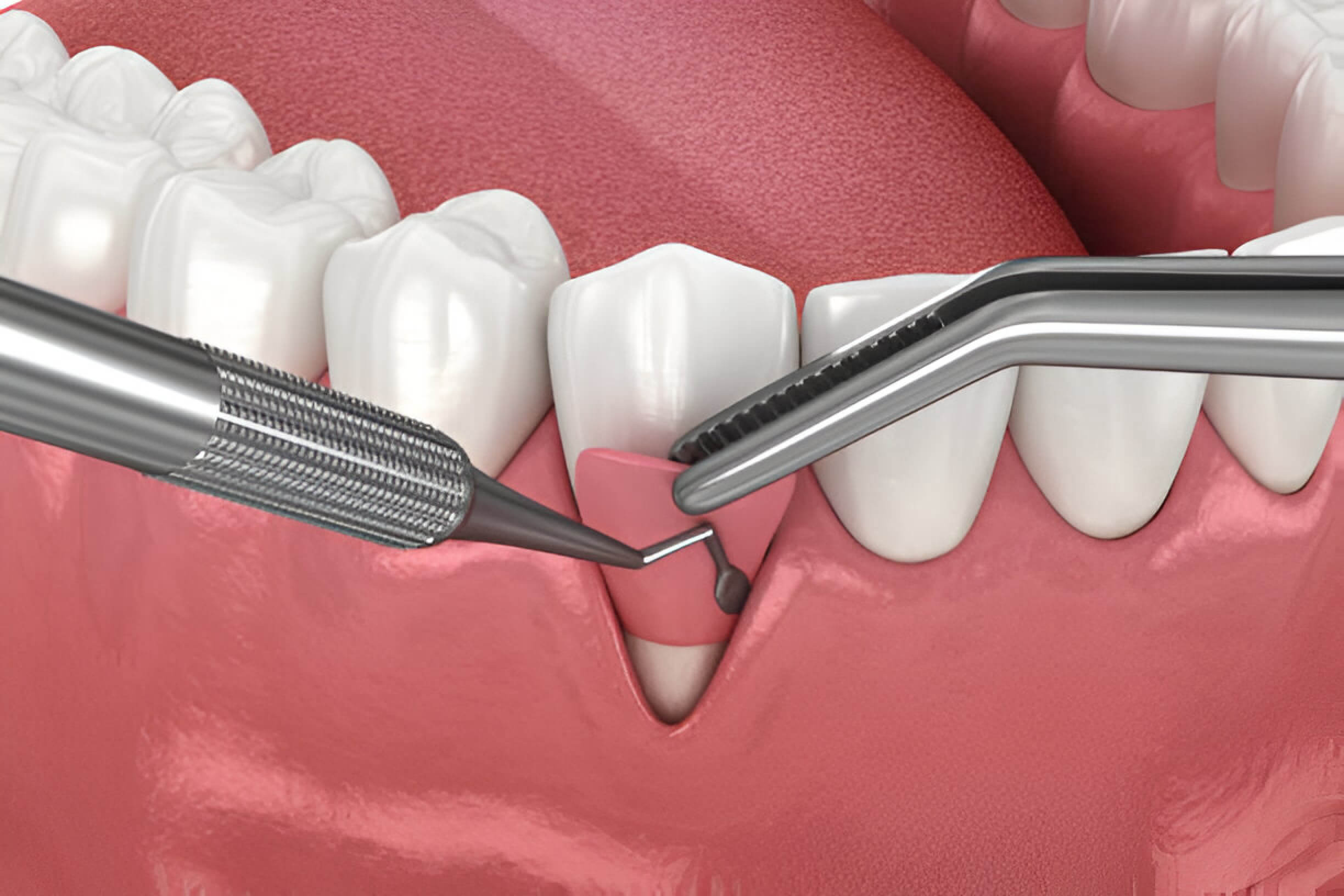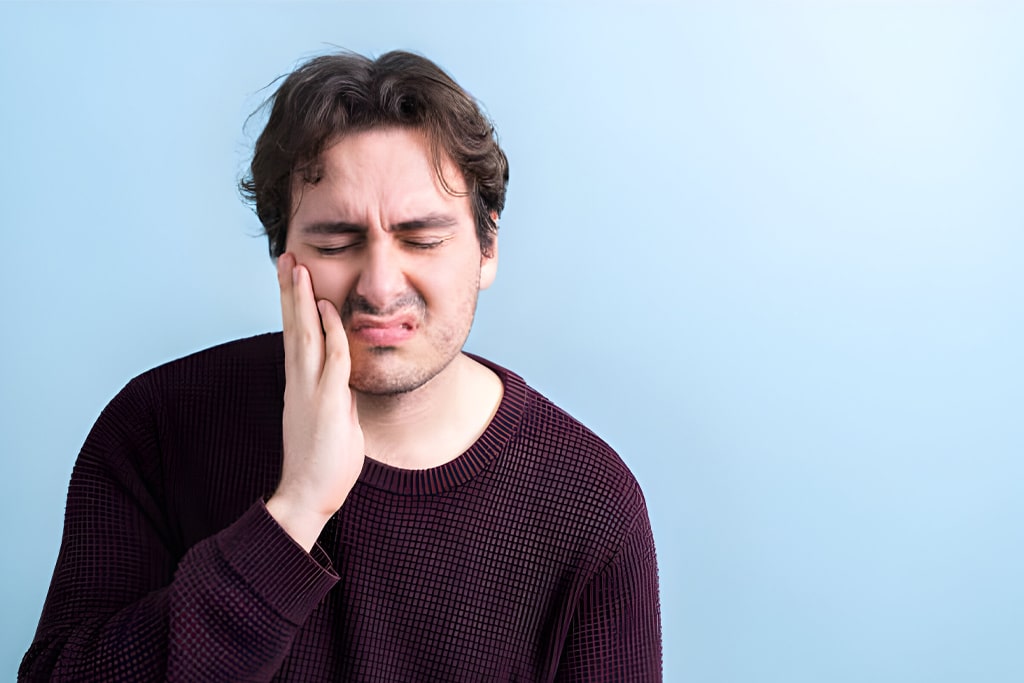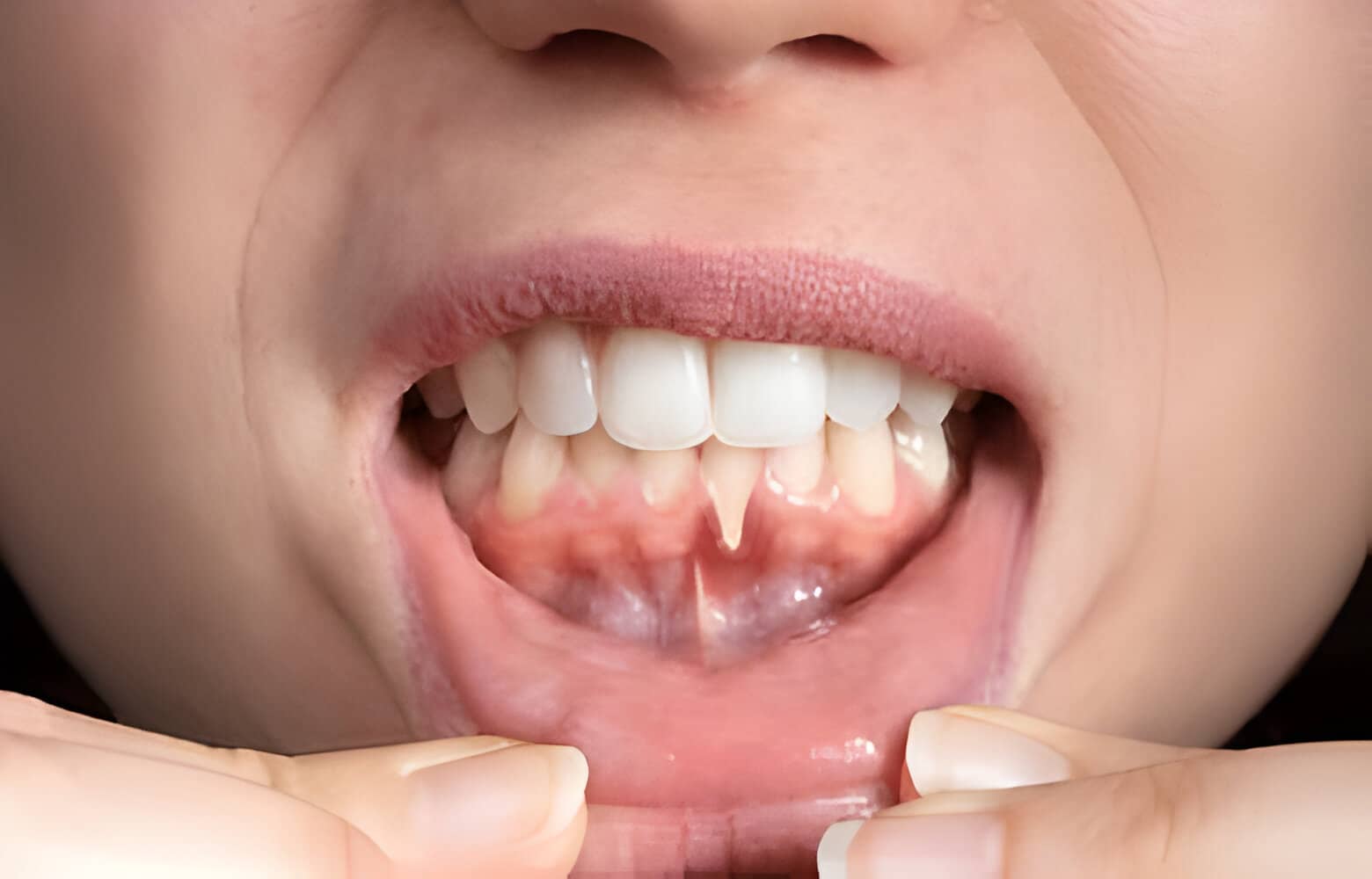Do you often find traces of blood on your toothbrush after brushing? Are your gums tender and prone to bleeding, causing concern and discomfort? If so, you’re not alone. Bleeding gums are a common dental issue that many people face, but understanding the causes behind this condition is essential for effective prevention and treatment.
What are Bleeding Gums?
Bleeding gums occur when the gums become inflamed and sensitive, leading to blood loss during activities such as brushing or flossing. This bleeding can range from mild to severe and may be accompanied by other symptoms, such as swelling or tenderness.
Common symptoms include:
- Bleeding gums: Especially during brushing or flossing.
- Swollen or red gums: Inflammation is often present.
- Bad breath: Due to bacterial buildup.
- Receding gums: Gums may pull away from the teeth.
- Loose teeth: In severe cases of gum disease.
Common Causes of Bleeding Gums
Gingivitis
Bleeding gums often happen because of gingivitis, which is when your gums get irritated and swollen from too much plaque on them. If you don’t clean your teeth well, gingivitis can get worse and turn into a more serious gum problem.
Poor Oral Hygiene
Not brushing and flossing enough can build plaque on your teeth. This plaque can annoy your gums and cause them to bleed. To prevent this, it’s important to brush and floss your teeth regularly.
Vitamin Deficiencies
If you don’t get enough vitamins like vitamin C and vitamin K, your gums might become weak and bleed easily. Eating lots of fruits, veggies, and healthy foods can give your gums the nutrients they need to stay strong and healthy.
Medications
Some medications, like blood thinners and drugs that prevent blood clots, can up the chances of bleeding gums. If you notice your gums bleeding and you’re on any medications, it’s important to talk to your doctor for advice.
Hormonal Changes
Changes in hormones, especially during pregnancy or your period, can make your gums more likely to bleed. This is often called pregnancy gingivitis. It usually gets better after you have your baby or when your period ends.
Smoking
Smoking doesn’t just make your teeth yellow; it also weakens your immune system and slows down blood flow, which makes it tough for your gums to heal. Quitting smoking helps your gums get healthier and lowers the chance of them bleeding.
Medical Conditions
Some health problems, such as diabetes, leukemia, and autoimmune diseases, can affect gum health and make them more likely to bleed. However, if you manage these conditions well and get professional bleeding gums dental treatment, they can help keep your mouth healthier and reduce the chance of bleeding gums.
What You Can Do?
- Brush and floss regularly: Clean your teeth twice daily and floss once daily to remove plaque and bacteria.
- Use a soft-bristled toothbrush: Hard-bristled brushes can harm your gums, so go for a soft one and brush gently.
- See your dentist regularly: Regular check-ups can catch gum problems early, and your periodontist near you can give you tailored advice.
- Eat well: A balanced diet with lots of vitamins and minerals supports gum health. Make sure to eat plenty of fruits, vegetables, lean proteins, and whole grains.
- Quit smoking: Smoking harms your gums and overall health. Get help to quit if you need it.
Are You Experiencing Bleeding Gums or Other Oral Health Concerns?
Look no further than Foundations Perio Sleep Aesthetics for comprehensive dental care. Our team of experienced periodontist in Chaska is dedicated to helping you achieve and maintain a healthy, beautiful smile. From routine cleanings to advanced periodontal treatments, we offer a wide range of services to meet your unique needs. Schedule your visit today and experience the difference exceptional dental care can make!






